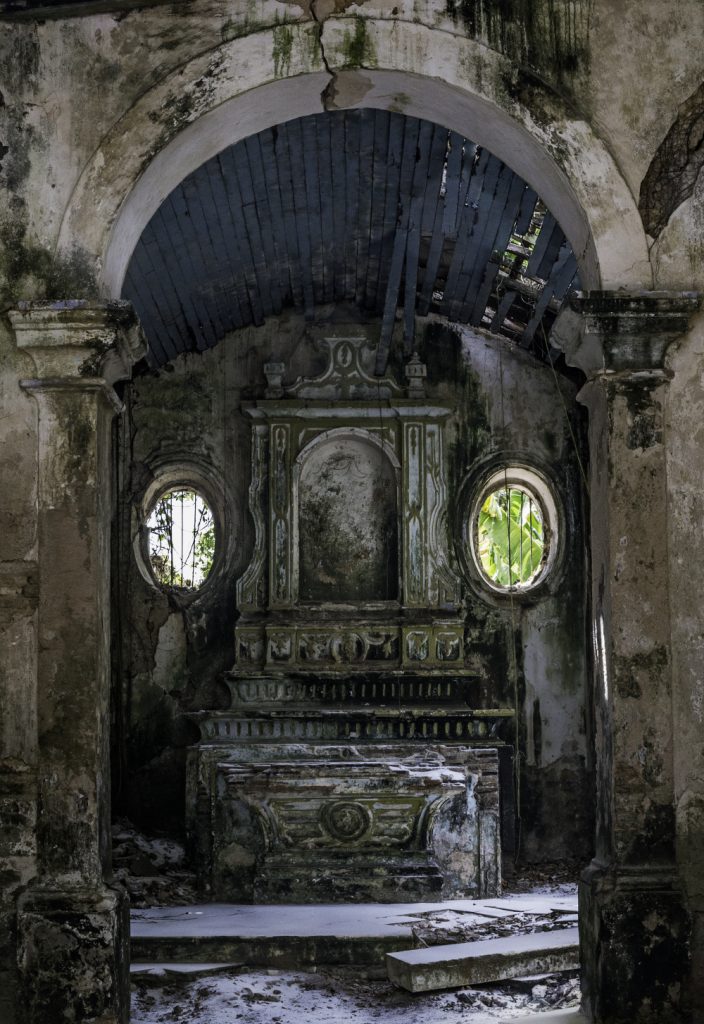Brazil
General Context
At 8.5 million square kilometres and with over 208 million people, Brazil is the largest country in Latin America, fifth largest in the world and the sixth most populous. Home to a unique ecological and cultural heritage, Brazil has evidence of human settlements dating back 11,000 years. The Modern History of Brazil begins with Portuguese colonisation in the 16th century that brought European settlers to exploit natural resources such as Brazilwood, sugar cane, gold and coffee inevitably leading to the detriment of the indigenous communities and bringing to the country millions of enslaved Africans.
20th century saw Brazil emerging out of its colonial experience, with monarchic rule giving way to military dictatorships and unsteadily forming the early Republic known as the Vargas Era. With the end of Nazi-fascist regimes in Europe in 1945 Vargas was swiftly overthrown by another military coup. After a brief democratic experience, the ensuing authoritarian regime of 1964-1985 reached its peak of popularity through the ‘economic miracle’, but was known for corruption, police brutality and extreme repressive measures against institutional opponents, artists, journalists and other members of the civil society.
In the decade of 2010 Brazil faced the worst economic recession of its modern history and a political crisis due to corruption scandals that affect the major parties. Ideological polarisation rose among mass demonstrations concerning many issues, such as the 2016 impeachment of president Dilma Rousseff, which ended a 13 year-cycle of left-wing governments. Moderate politicians failed to address the demands of a more mobilised citizenship and the far right became an important force in the country, with a nationalist/populist agenda. It won the presidency in 2018, with the victory of former Army captain Jair Bolsonaro.
This scenario is difficult for human rights and social activists, many of who have been targets of violence. In March 2018, the murder of Marielle Franco, Rio de Janeiro´s only Black woman in the City Council, was the more shocking and visible aspect of a disturbing situation of political threats that affects many others: environmentalists, LGBT people, and indigenous leaders.
Read more about Brazil:
Art Practice in Brazil
Brazilian artists face the challenge of working in the context of the rising polarization of the country, which often manifests itself in a suspicion about partisan motivations in art and hostility to exhibitions that address themes such as religion or sexuality. These controversies sometimes scare sponsors and create financial problems for artists.
Despite all these problems, Brazil has a lively art scene, with artists such Adriana Varejão, Beatriz Milhazes and Vik Muniz reaching global status and prestige. Brazilian art dialogues with the country´s popular traditions and with international trends and vanguards.
There is growing awareness in the country of issues of representation of Afro-Brazilians and women and gender identity in art, with many artists addressing these agendas in their work, with initiatives such as the creation of the Museu Afro, dedicated to Black heritage, and specialised exhibitions.
The artists selected in this portfolio offer a view of this rich artistic and social landscape. Think about them as an invitation to meet Brazil and to know some of its problems, beauties and debates.
Memory Work in Brazil
Similar to many societies emerging from colonialism, Brazil has history of structural violence that has not been sufficiently addressed. The memory of slavery is currently a sensitive issue and adds a foundational layer to the culture of violence and trauma pervasive in the country. Art plays an important role in the battles for memory, discussing key questions like the legacies of 1964-1985 military dictatorship, political persecution, gender relations and threatened space for civic activism where people’s struggles are systematically erased. In this context, cultural productions creatively highlight the importance of human rights and democracy in Brazil. In the absence of museums and monuments dealing with the troubles of the recent past, art often is at the centre stage of public debate regarding the last decades. Lately some museums have developed approached of ‘social museology’ leading to programmes like ‘Memory Spots’ which attempt at documenting public history through a community / memory approach.
Explore more about Brazil through these films:
Thematic Focus
The three artists selected to represent Brazilian art and memory dialogue with several issues in the contemporary debate about human rights, gender, race and democracy, which are an important part of the artistic and political scene of the country in the last three decades since the return of democracy.
Panmela Castro, also known by the alias Anarkia Boladona is a street artistic dedicated to portrait gender violence and to question the traditional beauty standards in Brazil. She is also an activist engaged in social work to curb aggressions against women.
Tiago Sant´anna works with the legacy of the four centuries of slavery in the racial relations of Brazil, often using materials such as sugar or the tools of the old plantations to highlight the links with the past.
Marcela Cantuária discusses the connexions between history, memory and what she calls alternative futures, dealing with the social and political struggles of the modern age and their impact nowadays.
These three young creators offer a rich window to observe the current Brazilian art scene and its dialogue with the democratic agenda and the memory about the country’s turbulent history.
(link memory spots http://msw.be/wp-content/uploads/2019/01/Pontos-de-Mem%C3%B3ria-Ingl%C3%AAs.pdf)
















